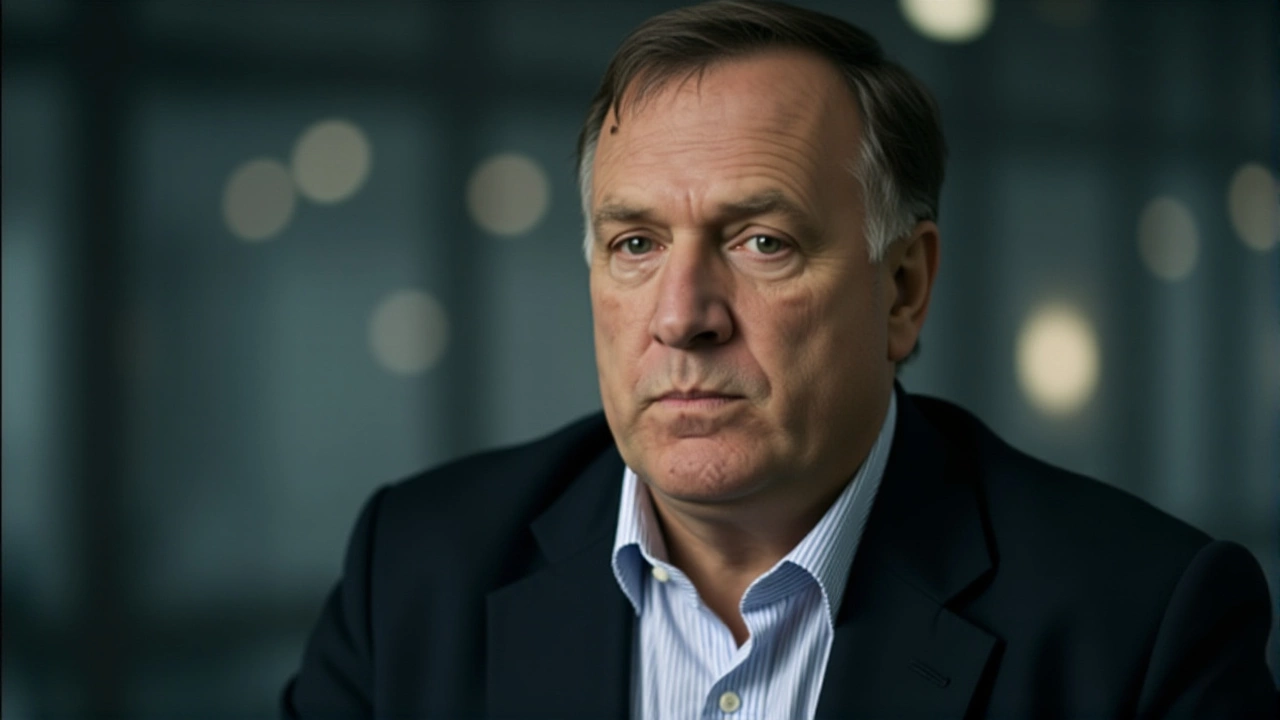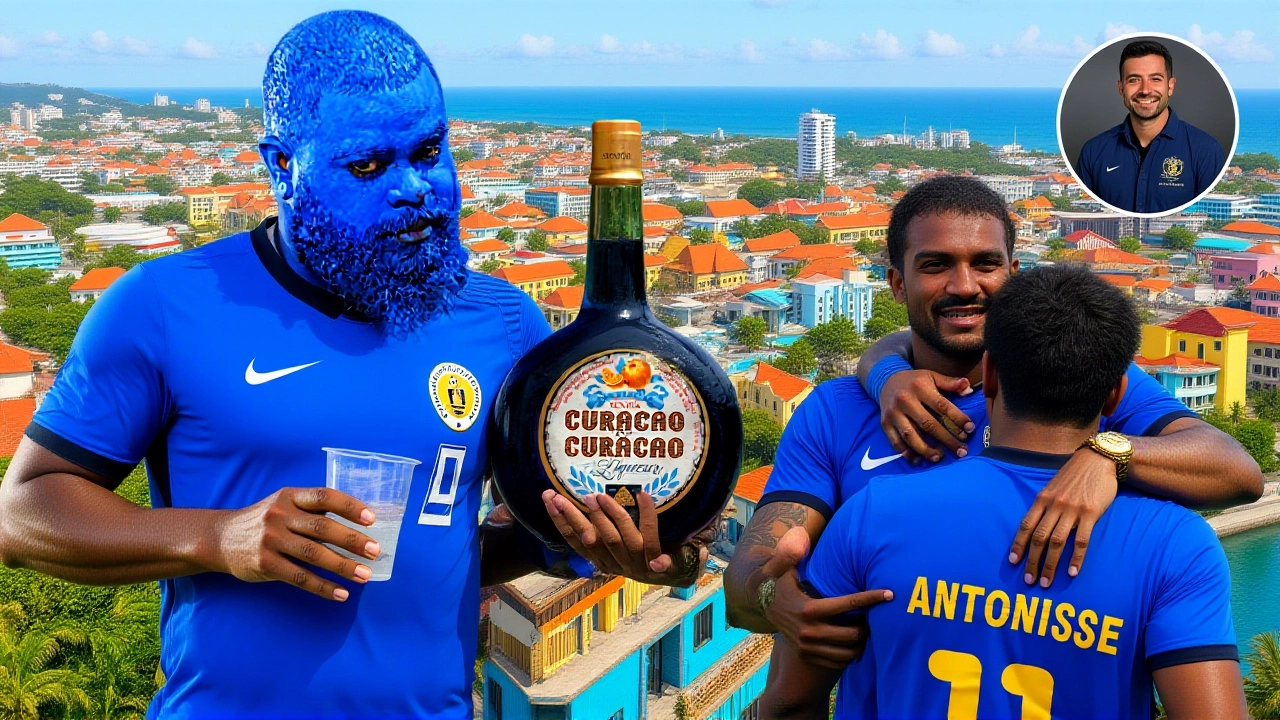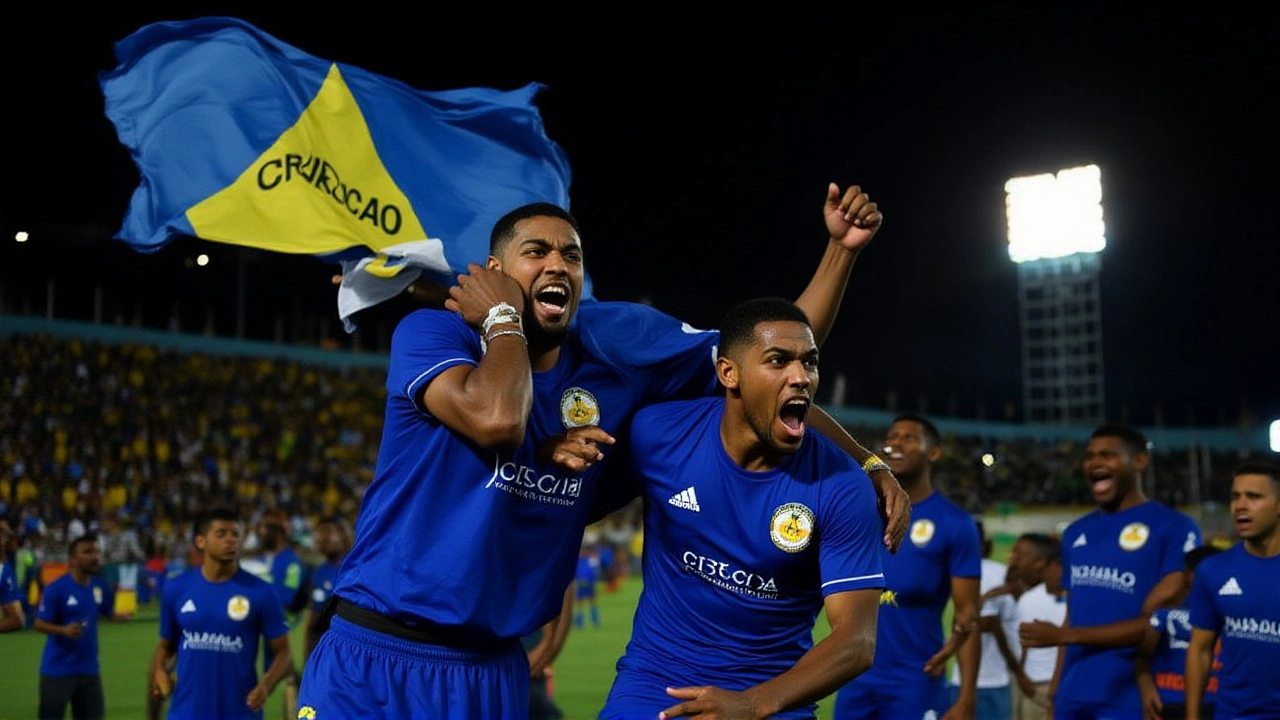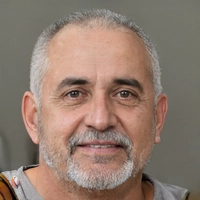On November 19, 2025, a quiet Caribbean island with fewer people than many U.S. high schools did the impossible: Curaçao qualified for the 2026 FIFA World CupCanada, Mexico, and the United States — not with a goal, not with a flourish, but with a 0-0 draw that felt like a symphony of tension and heartbreak. The match, played at the National Stadium in Kingston, Jamaica, ended not with a roar, but with a sigh — the kind that follows a last-ditch header cleared off the line. And for the first time in their history, Curaçao is going to the World Cup. Population: 165,000. That’s smaller than the student body of some American universities. They just became the smallest nation ever to qualify for the men’s tournament, eclipsing Iceland’s 370,000-record. This isn’t just a miracle. It’s a rewrite of the rules.
A Nation That Refused to Be Ignored
Curaçao’s journey to this moment wasn’t built on star power or massive budgets. It was built on grit, discipline, and a defense that refused to blink. Their goalkeeper, Eloy Room, a veteran who’s played in the Netherlands and Belgium, made three critical stops — including one off a ricochet from Leon Bailey’s thunderous shot that rattled the crossbar. Meanwhile, Jamaica, led by Andre Blake, the MLS All-Star goalkeeper for the Philadelphia Union, came in needing a win. They had the home crowd, the momentum, and the better-ranked squad. But Curaçao sat deep. They absorbed pressure. They waited.
The 86th Minute That Changed Everything
Then came the twist. At the 86th minute, Jamaica’s John Russell, a rock-solid defender, picked up his second yellow. Suddenly, the Reggae Boyz — usually the aggressors — were down to ten. The stadium fell silent. Not from exhaustion, but from dread. Jamaica had spent 85 minutes trying to break Curaçao’s stubborn backline. Now, with time bleeding away, they had no choice but to gamble. And gamble they did.
Goalkeeper Gone Rogue
Andre Blake, normally the last line of defense, became the last hope. With 90 seconds left, he sprinted upfield — a sight rarely seen outside of video games. He positioned himself at the edge of the six-yard box, arms raised, eyes locked on the corner kick delivered by Richards. The ball floated in. Pinnick met it with a looping header. And then — Abyspo.
Abyspo, Curaçao’s unheralded center-back, leapt like a man possessed. His header cleared the line. The ball bounced harmlessly into the netting. The whistle blew. The scoreboard: 0-0. The crowd in Kingston didn’t cheer. They didn’t boo. They just stared. Some covered their faces. Others sat motionless. Meanwhile, in Curaçao, fans who’d gathered in squares, bars, and living rooms erupted. Blue flags waved. Tears flowed. A nation of 165,000 had just qualified for the world’s biggest sporting event.

Why This Matters More Than the Score
World Cup qualifiers are usually about powerhouses: the U.S., Mexico, Brazil. But this moment? This was David with a budget of $2 million and a squad of part-timers — teachers, taxi drivers, local league players — beating the system. Iceland’s 2018 run was inspiring. But they had 370,000 people. Curaçao has less than half that. And they didn’t just qualify — they did it by holding firm against a team with MLS stars, a home crowd, and a last-gasp tactical gamble. It’s not just a win for football. It’s a win for the underdog everywhere.
What’s Next for Curaçao?
The draw in Kingston wasn’t just the end of a match — it was the start of something bigger. Curaçao will now join 47 other nations in the 2026 World Cup, playing in front of global audiences they’ve never seen. Their group hasn’t been drawn yet, but one thing’s certain: they won’t be underestimated again. The Royal Dutch Football Association — which oversees Curaçao’s football — has already pledged funding for a training camp in the Netherlands. Eloy Room, now a national icon, says they’re not here to make up the numbers. "We’re here to prove that size doesn’t matter when you’ve got belief," he told reporters after the match.

The Cost of a Dream
For Jamaica, it’s a heartbreak that will echo for years. Andre Blake’s gamble — while brave — became a symbol of desperation. Their best chance came when Bailey’s shot struck the bar. The missed opportunity, the red card, the failed header… it all added up to a near miss that felt like a punch. Jamaica’s coach, after the match, called it "the most painful draw of my career." But for Curaçao? This was the culmination of decades of quiet ambition.
Frequently Asked Questions
How did Curaçao qualify with a 0-0 draw?
Curaçao finished second in Group B of the CONCACAF qualifiers, where a draw against Jamaica was enough to secure advancement. They had accumulated 10 points from five matches, including wins over El Salvador and Suriname. Jamaica needed a win to finish ahead, but the 0-0 result left them in third place, one point behind Curaçao. The draw was a tactical win for Curaçao’s defensive strategy.
What makes Curaçao smaller than Iceland as a World Cup qualifier?
Iceland’s population was approximately 370,000 when they qualified for the 2018 World Cup. Curaçao’s population is estimated at 165,000 — less than half. While smaller territories like San Marino and Gibraltar have entered qualifiers, none have ever advanced to the final tournament. Curaçao’s qualification breaks that barrier, making them the smallest nation ever to reach the men’s World Cup.
Who are the key players behind Curaçao’s success?
Goalkeeper Eloy Room was the backbone, making crucial saves throughout the campaign. Defender Abyspo delivered the game-saving header against Jamaica. Midfielder Ché Lobo orchestrated play, and captain Joey Veerman provided leadership. Most play professionally in lower European leagues or locally — none in top-tier clubs.
How did Jamaica’s strategy backfire?
Jamaica’s decision to pull goalkeeper Andre Blake forward in the final minutes left them exposed. Though it was a desperate move, it ignored the fact that Curaçao’s defense had held firm for 85 minutes. The corner kick header by Pinnick was cleared by Abyspo, and the open goal was never threatened. The red card to John Russell in the 86th minute made the gamble even riskier — and ultimately, fatal to their hopes.
Will Curaçao be competitive in the 2026 World Cup?
They won’t be favorites — but they won’t be pushovers. Their defensive discipline, strong team chemistry, and lack of pressure as underdogs could make them dangerous. Teams like the U.S. or Mexico might underestimate them, and in knockout football, that’s a mistake. Curaçao’s goal isn’t to win the tournament — it’s to show the world that football belongs to everyone, no matter how small.
What’s the historical significance of this win?
This is the first time a Caribbean nation outside the traditional powerhouses (like Jamaica or Trinidad and Tobago) has qualified for the men’s World Cup. It’s also the first time a non-sovereign territory (Curaçao is part of the Kingdom of the Netherlands) has reached the tournament. The win redefines what’s possible in global football — and proves that passion, not population, can change history.

